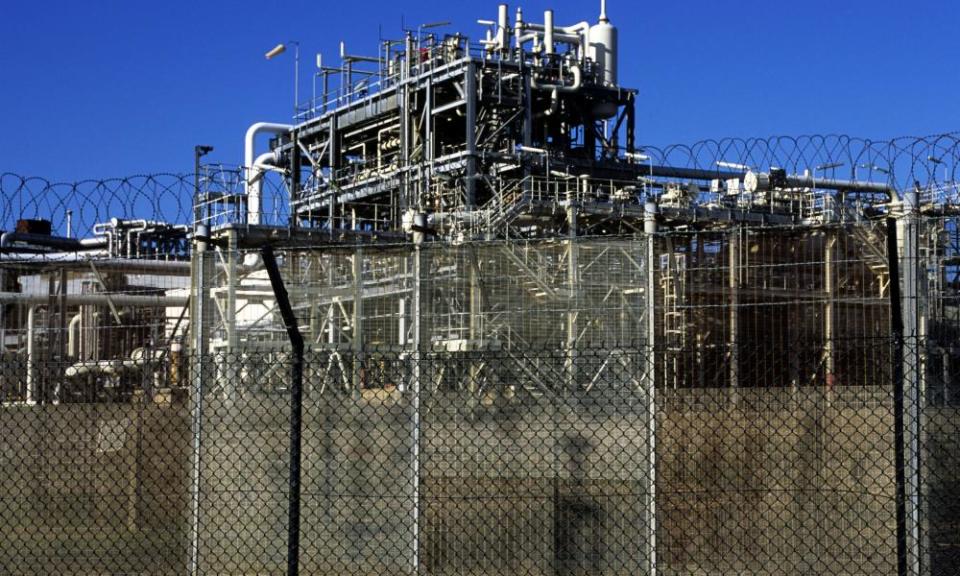Britain may stop supplying gas to mainland Europe if hit by shortages

Britain may stop supplying gas to mainland Europe if the country is hit by extreme shortages in the coming months, it has emerged.
National Grid could cut off gas pipelines to the Netherlands and Belgium under emergency measures as Russia’s invasion of Ukraine puts pressure on global energy supplies.
Shutting off the pipelines – known as interconnectors – would be part of a four-step plan that would include cutting supplies to big industrial users and asking consumers to reduce their household consumption, the Financial Times reported.
However, the government and National Grid played down the prospect, saying a gas supply emergency was an “extremely unlikely” scenario.
Ministers have been scrambling to shore up Britain’s energy supplies amid a squeeze exacerbated by Russia’s invasion on Ukraine. Russia has also ramped up pressure on other European countries by cutting their gas supplies in response to a rush to fill up European storage caverns before the winter.
The two undersea interconnectors that link Great Britain with Belgium and the Netherlands have been transporting their maximum capacity – exporting 75m cubic metres a day of gas to the European mainland – since March.
Britain has healthy quantities of gas supplies, including liquefied natural gas imports, but low storage capacity.
The Investec analyst Nathan Piper said: “The interconnectors play an important role in European energy security, allowing LNG volumes landed in the UK to be transported into European storage in the summer that provide a buffer for volumes to be sent back to the UK where storage is limited, through the winter months.”
European gas companies have warned that shutting off the pipelines could backfire on the UK.
Bart Jan Hoevers, the president of the European Network of Transmission System Operators for Gas, told the FT: “I would definitely recommend they [the UK] reconsider stopping the interconnection [in the event of a crisis].
“Because while it is beneficial for the continent in the summer, it is also beneficial for the UK in the winter.”
As part of other measures to try to ensure energy supplies through the winter, the business secretary, Kwasi Kwarteng, has struck a deal to extend the life of a coal plant in Nottinghamshire and hopes to land similar agreements with two further plants.
This month the British Gas owner, Centrica, signed a major supply deal with the Norwegian state oil company, Equinor, to deliver enough gas for next three years to heat 4.5m extra homes.
Centrica is also in talks with the government to reopen Britain’s biggest gas storage site – Rough, off the east coast of England – which was shut in 2017.
The Department for Business, Energy and Industrial Strategy appointed Jonathan Mills, previously in government as a director of energy strategy, as the director general of winter resilience earlier this month.
A government spokesperson said: “We remain fully confident in our security of supply over winter, with the UK having one of the most reliable and diverse energy systems in the world.
“In the extremely unlikely event of a supply emergency, National Grid Gas have longstanding emergency procedures in place to protect the integrity of Britain’s gas network. All countries have such plans and there is absolutely nothing to suggest that these emergency procedures would be needed now.
“Our priority is to continue working together with our EU partners and allies to end reliance on Russian oil and gas.”
A spokesperson for National Grid said: “The UK has never experienced a network gas supply emergency, and this scenario is extremely unlikely.
“The UK has been well supplied with gas throughout the year, with reliable supplies coming in from the UK’s North Sea resources and from Norway. A strong stream of LNG deliveries (from a range of countries) supplemented this in the first quarter of 2022, and this pattern continues.”

 Yahoo Finance
Yahoo Finance 